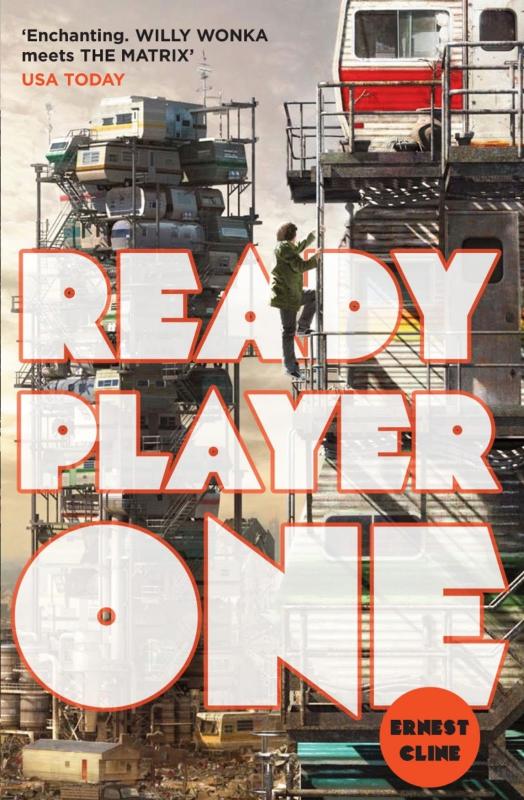When I was growing up I wasn’t a huge video game player. I did go through phases though that included “Super Mario Kart” and “Mortal Kombat,” and I even dabbled in “Street Fighter II” and “ChronoTrigger” for a spell, but my afternoons and weekends were spent either out on the soccer field, playing basketball with friends in the alley behind my house, or in my friend’s garage next door, door open, lifting weights or playing pool with music blaring.
Those were the 80’s and 90’s, and though we say that today is a completely different world we can’t separate ourselves from the patterns we see. As far back as the late 70’s, when a pimply-faced Bill Gates was tinkering around with his MITS Altair 8800 in his garage with his future business partner Paul Allen, young people have been enamored with the escapes offered by virtual reality, simulations, and video games. The 1980’s showed us, with pop culture juggernauts like the “Back to the Future” series and “Bill & Ted’s Excellent Adventure” (time-travelling DeLoreans and phone booths), “Ghostbusters” (where tech and the paranormal collide), “Ferris Bueller’s Day Off” (the ingenuity of the youth clashes with the stolid ways of the older generation), “ET” and “Aliens” and “Star Wars” (aliens, space travel, higher intelligences, cyborgs, etc.), “Terminator” (AI and the idea of the “rise of the machines”), and “War Games” (where early forms of the internet were used to interfere with global implications), that change was inevitable. The “Decade of Big Hair” wasn’t solely the domain of science-fiction, but it certainly ushered in the world we see today: a world with the means for greatness but at odds with the yin of tools for success and the yang of pleasure-seeking opportunities.
Ernest Cline, a fellow Midwesterner and “child of the 1980’s,” wrote his debut novel in 2011 called “Ready Player One.” From what I surmise, it might be safe to assume that he thinks the “Decade of Big Hair” might hold the keys to understanding the times we are living today.
In this fantastic novel, Cline has taken our concept of the internet a giant leap forward when a mystical character, James Halliday, created the OASIS, a wholly immersive simulation that has attracted billions around the globe. People conduct business in the OASIS, they go to school in the OASIS, they run missions (if they can financially afford to, that is) that allow them to level-up their avatars, and they collect artifacts and experience in an almost endless number of “worlds” within the OASIS. Though people breathe and eat in the real world, they live in the OASIS by putting on haptic suits and virtual reality goggles that completely submerge them into this hyper-realistic simulation. The OASIS is, essentially, another form of reality, using the internet as a stand-in for the fabric of space-time, insofar as the person behind the avatar accepts it as such, which calls into question a lot about the nature of reality, among so many other philosophical issues.
Throughout February, Books Over Beer will seek to tackle some of these qualities:
- Is reality simply what we experience and accept?
- Is the life you control in a simulation really meaningless?
- As 18th century philosophy giant David Hume suggests, are you even you as you age? If so, Cline’s work would imply the question, are you even you when you enter the OASIS?
- If you accept your avatar as yourself, if your avatar dies does a piece of you die, as well? Does this change who you are?
- If, as the old adage goes, “home is where the heart is,” does your residence in the OASIS qualify that as your actual residence?
- Can you learn through a video game or simulation in the same way you can learn through physical experiences? What is the role of education in a video game or simulation?
- And, finally, as Cline’s work prompts us to think about, how relevant is nostalgia? Is nostalgia simply a counterargument to Hume’s sense of Self or is it more closely related to Friedrich Nietzsche’s idea that we are constant insofar as our memories tie us to our past?
As always, please Like and Share the page here on Facebook, and don’t forget to head over to our website at https://booksoverbeer335816218.wordpress.com/.
